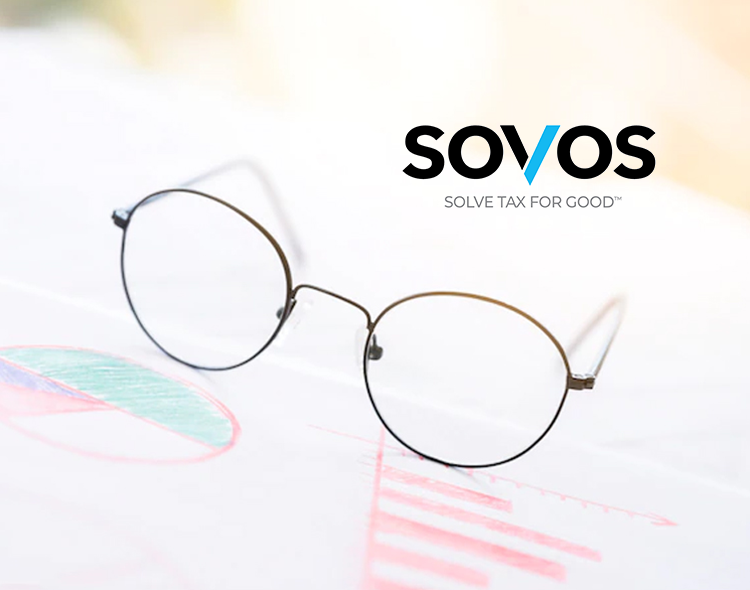Global tax software provider Sovos announced that it will be continuously monitoring changes to provide ongoing updates and advice to help small- and medium-sized businesses navigate the complexities brought on by the combination of IRS rule changes, an increase in budget allocations for tax enforcement and a major shift in worker classifications. What Sovos has dubbed “The Great Confusion” includes, amongst other things, are recent threshold changes to form 1099-K, varying requirements for state filing of the 1099-NEC form and never-ending updates to state portals and reporting processes.
Under the American Rescue Plan Act (ARPA) that was passed in 2021, the Form 1099-K threshold was changed from $20,000 and 200 transactions to just $600 with no transaction minimum. As a result, all third-party settlement organizations (TPSOs) must report Form 1099-K when payments total greater than $600 in the calendar year for Tax Year 2022 and beyond. The threshold change will impact a variety of TPSOs, including gig economy payers (e.g., Uber, Lyft), platform marketplaces (e.g., Etsy, Facebook), and other companies that facilitate goods and services payments through electronic platforms (e.g., PayPal).
Latest Fintech News: Freedom Bank Partners with Newtek Insurance to Offer Clients a Full Range of Insurance Solutions
“As the new threshold for the Form 1099-K reporting goes into effect, we’ve seen a drastic increase in questions from customers related to the challenges impacting third-party payment processing and gig economy platforms,” said Wendy Walker, solution principal, tax and regulatory reporting, Sovos. “The increase in form volumes, as well as the number of first-time recipients, will be a big lift for small- and medium-sized businesses, because non-compliance will result in hefty fines and penalties.”
The complexity of 1099 state reporting Sovos saw a 33% increase in 1099-K forms filed from the tax year 2020 to 2021 and a 17% increase in 1099-NEC tax forms, both signaling a significant increase in gig and contract work that is expected to grow substantially for the 2022 tax season. Further complicating things are the continued challenges in how to classify workers as the rules evolve – an issue that continues to get more government scrutiny because of how it contributes to the rising tax gap. Given this shift in focus and the expansion of 1099 employment, many states are requiring reporting information to be sent directly to the states creating yet another layer of complexity and exponential effort to complete annual 1099 reporting obligations.
For the 2021 tax reporting season, the IRS Publication 1220 Specifications for Electronic Filings of Forms indicated the Form 1099-NEC data would be included in the Combined Federal/State Filing (CF/SF) program. However, in 2020 so many states had invested in new processes and technology to receive the Form 1099-NEC data directly from businesses that 26 states and the District of Columbia decided to stick with their own direct reporting requirements. The states reluctance to rely on the CF/SF has created a very complex patchwork of state tax reporting requirements and methods for Form 1099-NEC that can be very easy to misunderstand.
Clarifying The Great Confusion
As a leader in SMB tax compliance solutions, Sovos is hosting a free 1099 reporting season prep webinar on December 20. Additionally, the company’s team of industry thought leaders has created tips for communicating 1099-K changes. Sovos and eFileMyForms have a full range of software and service options to support businesses of every size to prepare for these significant and rapidly changing 1099 reporting obligations.
Latest Fintech News: Cashfree Payments Enables eUPP to Provide Educational Institutions With Instant and Secure Payments for Parents and Students
[To share your insights with us, please write to sghosh@martechseries.com]
